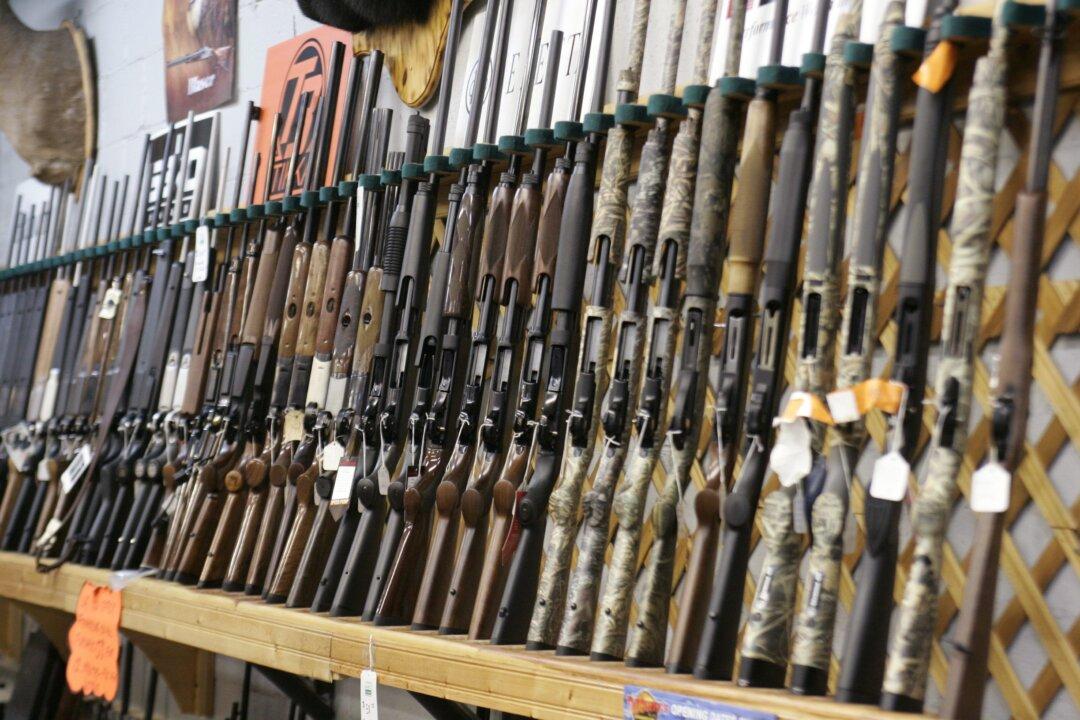The government of Saskatchewan is looking to get involved in ongoing court challenges of the federal firearms ban.
Saskatchewan has applied for intervener status in a case before the Federal Court of Appeal, according to a Feb. 5 government news release.





